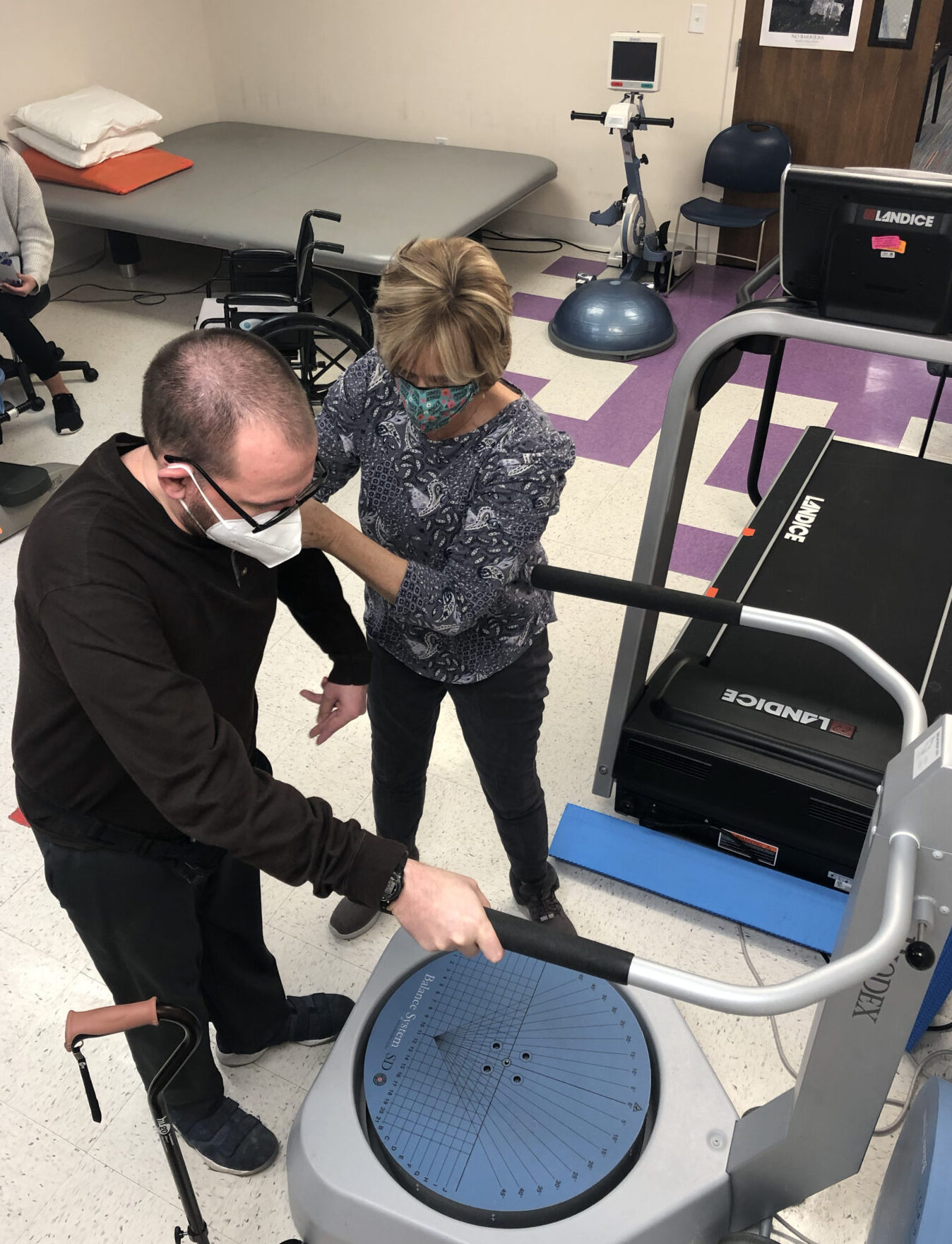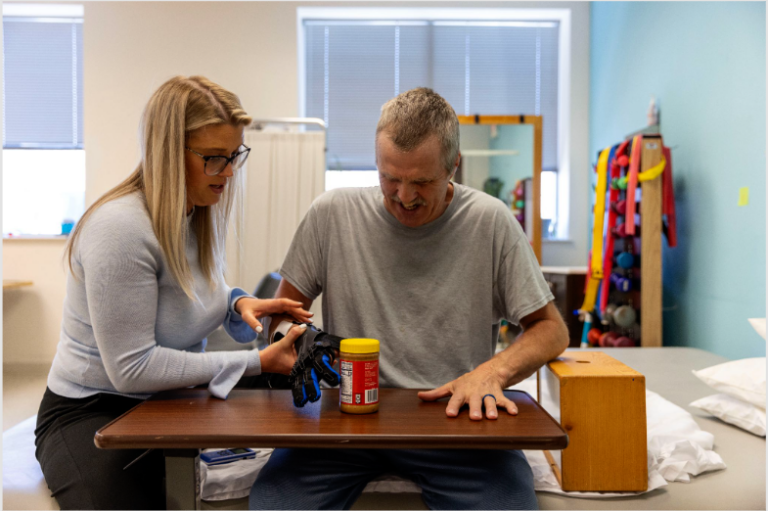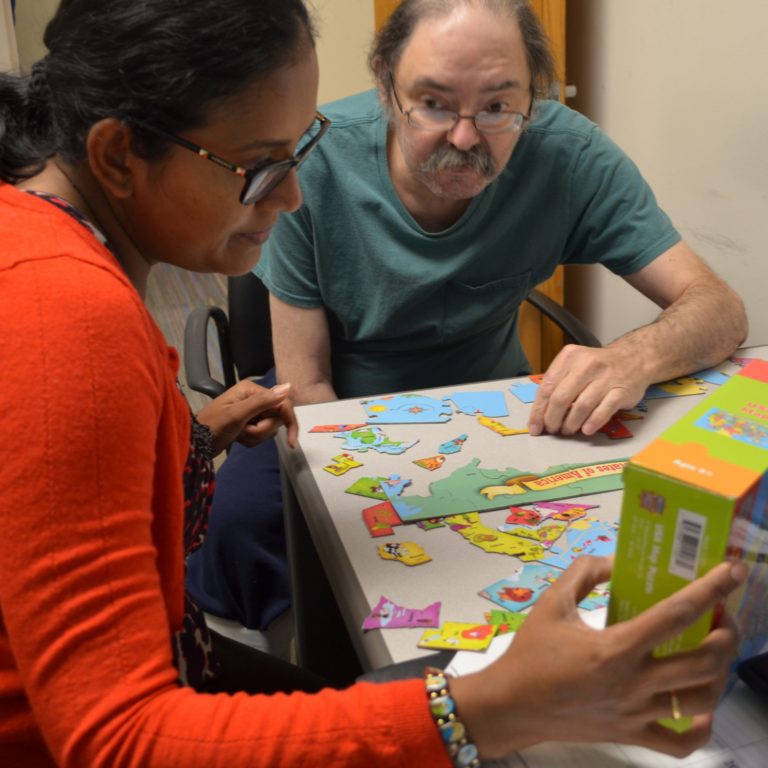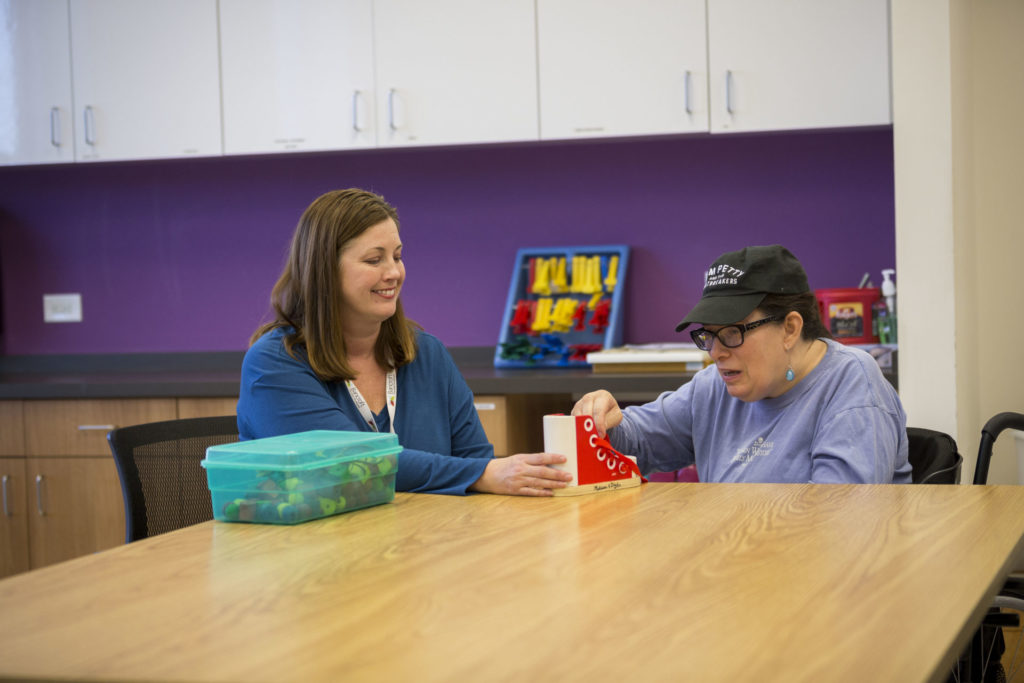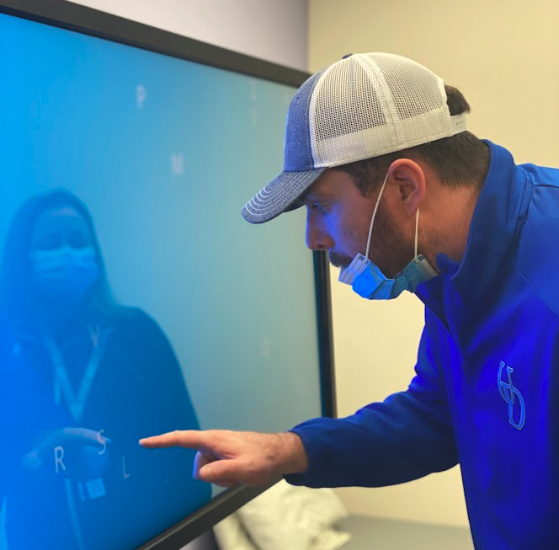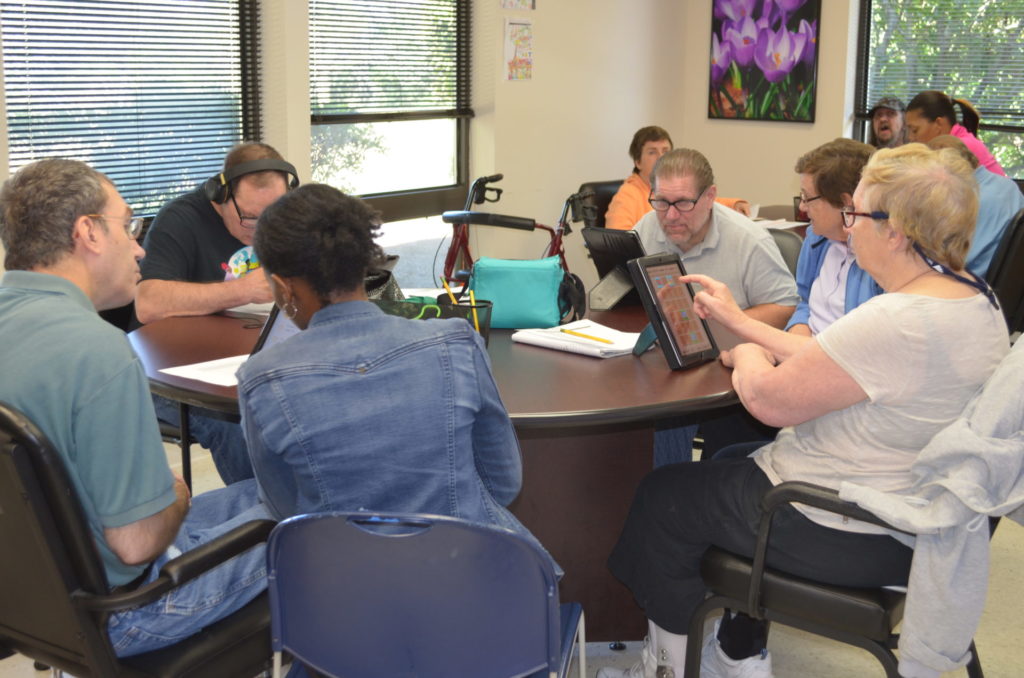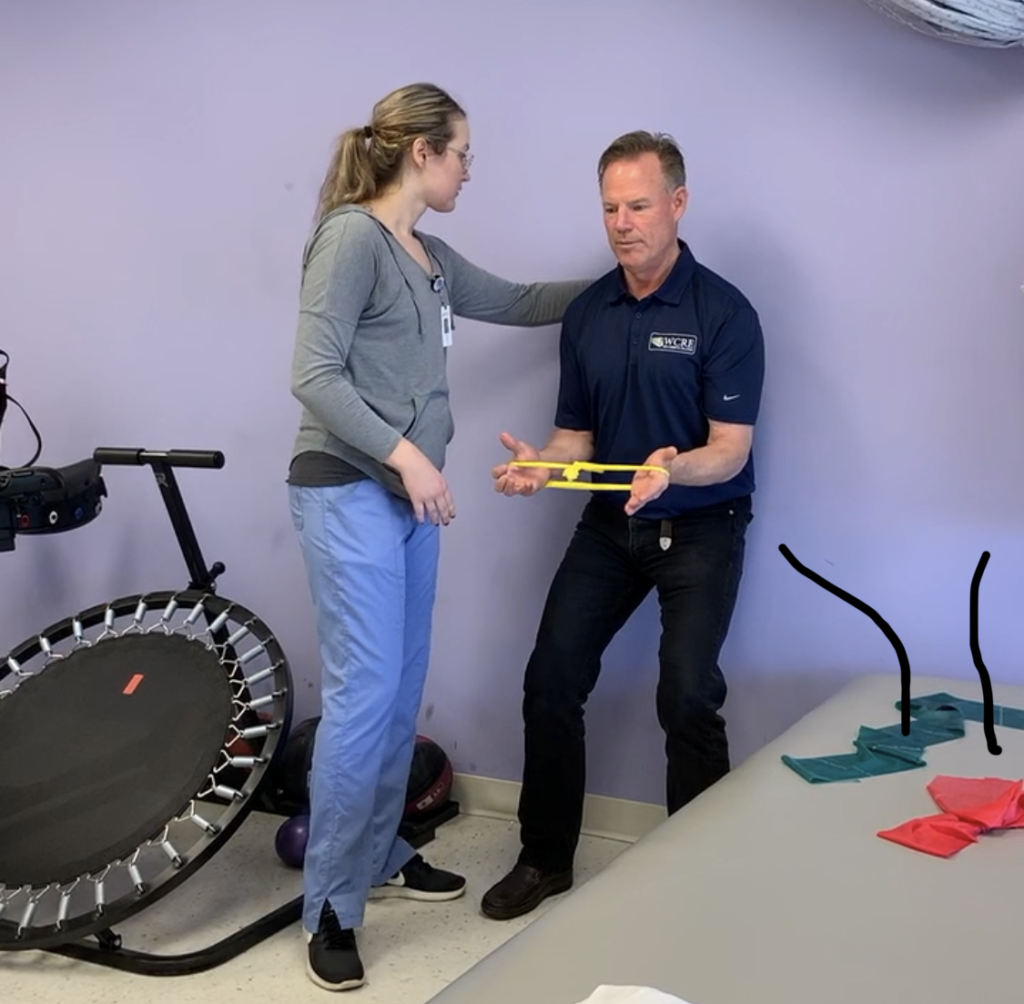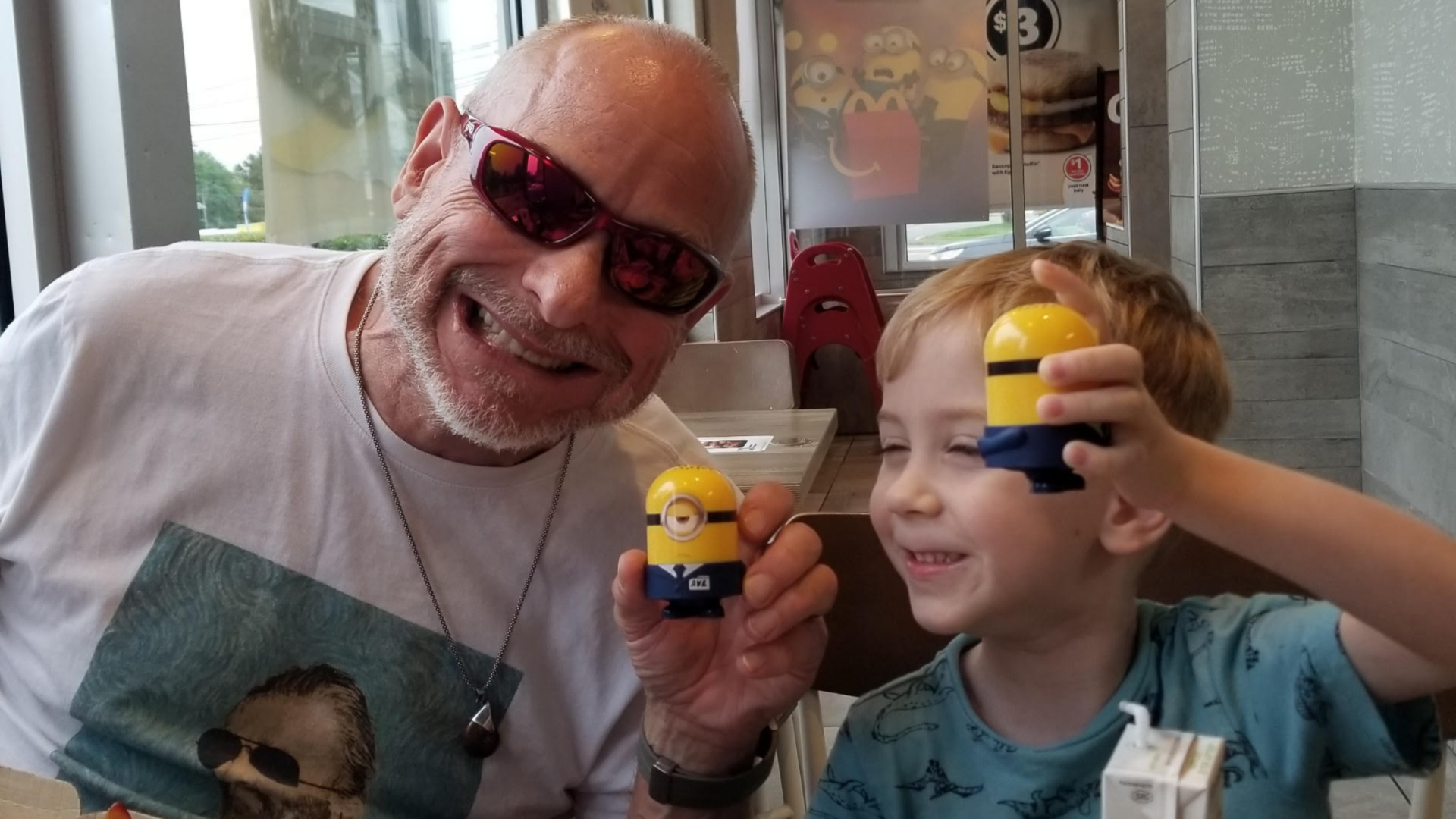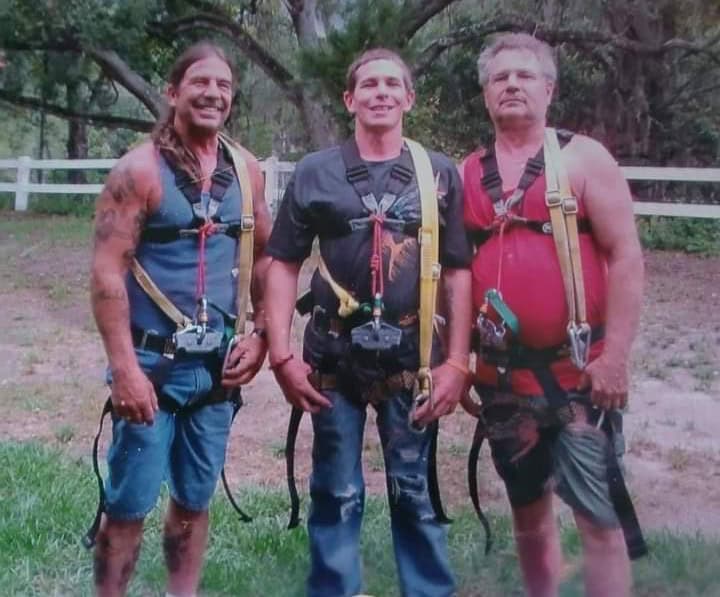Brian Propp knows firsthand how devastating a stroke can be – and the difference quality, individualized rehabilitation makes in recovery. Today, Propp hopes to inspire others who are struggling after their own stroke or brain injury.
By Brian ProppBancroft NeuroRehab Ambassador
It’s hard to believe it’s been almost seven years.
Labor Day weekend 2015: My family and I were celebrating the end of summer over a long weekend in Annapolis, MD.
On the second day of our trip, I wasn’t feeling well. I had a headache – and decided to head to bed early. A few hours later, around 1:30 a.m., I’m told, I woke up and fell out of bed.
I was having a massive stroke.
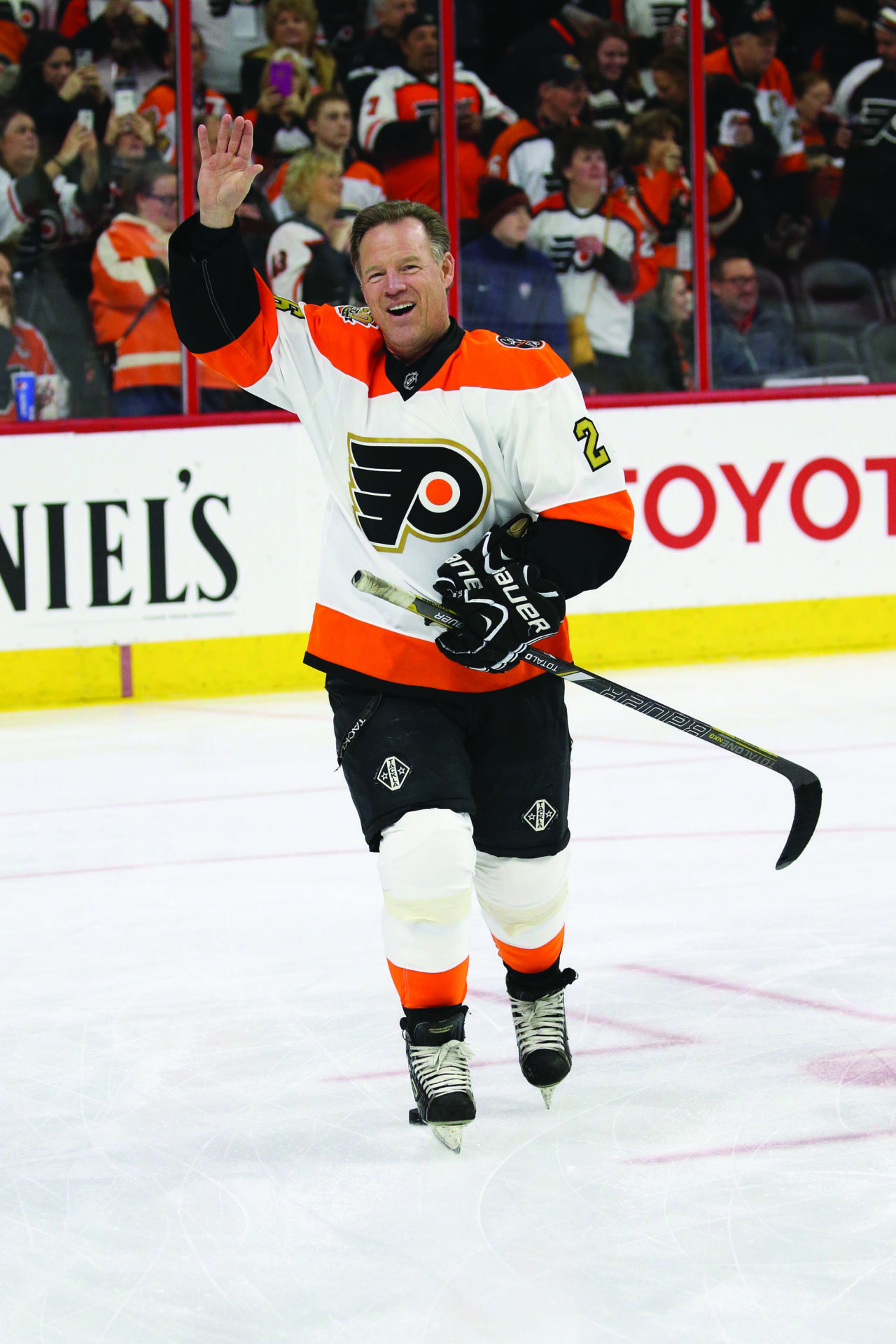  |
Blood thinners I had been taking had, at some point, stopped doing their job. A blood clot formed, and traveled into my brain.
I’m grateful my family was there to find me and get me to the hospital quickly. With stroke, time lost is brain lost, and if not for the prompt medical attention I received, there’s no telling where I’d be today.
Once I was medically stable, I began to realize that my greatest challenge was yet to come. Unable to eat, walk or talk correctly, I now needed to re-learn nearly every life skill I had known.
It’s a situation many stroke survivors face – and it can be overwhelming. In my mid-50s at the time, I was one of a growing number of “young stroke” survivors, who often face unique challenges in recovering from stroke.
That was me. I was far too young to give up, and I refused to accept that my once-active life was over. I have never been one to back down from a challenge – and I wasn’t about to start now.
It took about a year and a half of intensive physical, occupational and speech therapy, but I was eventually able to get back on the ice and the golf course, two parts of my “old life” that were incredibly important to me.
Today, I share my story with other stroke and brain injury survivors who may be struggling on their own journeys to recovery, as a reminder that no matter how daunting it may seem, it is possible to live a full and happy life after a stroke or brain injury.
There are a few truths I’ve found along the way.
The sooner you seek help, the better. With stroke, it’s important to get medical attention as fast as possible. But once you’re medically stable, it’s just as important to seek out therapy to help address the physical and cognitive effects of that stroke. The sooner you can begin treatment, especially in those early weeks when your brain is beginning to heal, the better.
Be patient. Recovery from stroke can take years. For some, it may be lifelong. Despite all the progress I’ve made, I know there’s still work to be done. I recently resumed physical and occupational therapy to help with lingering weakness in my right side. And I still have aphasia, a condition caused by my stroke that sometimes affects my ability to speak clearly, or find the right words. There have been times when my progress was slower than I wanted – but I remind myself to slow down, be patient, and not get discouraged. I know how far I’ve come, and it motivates me to continue to improve, even years later.
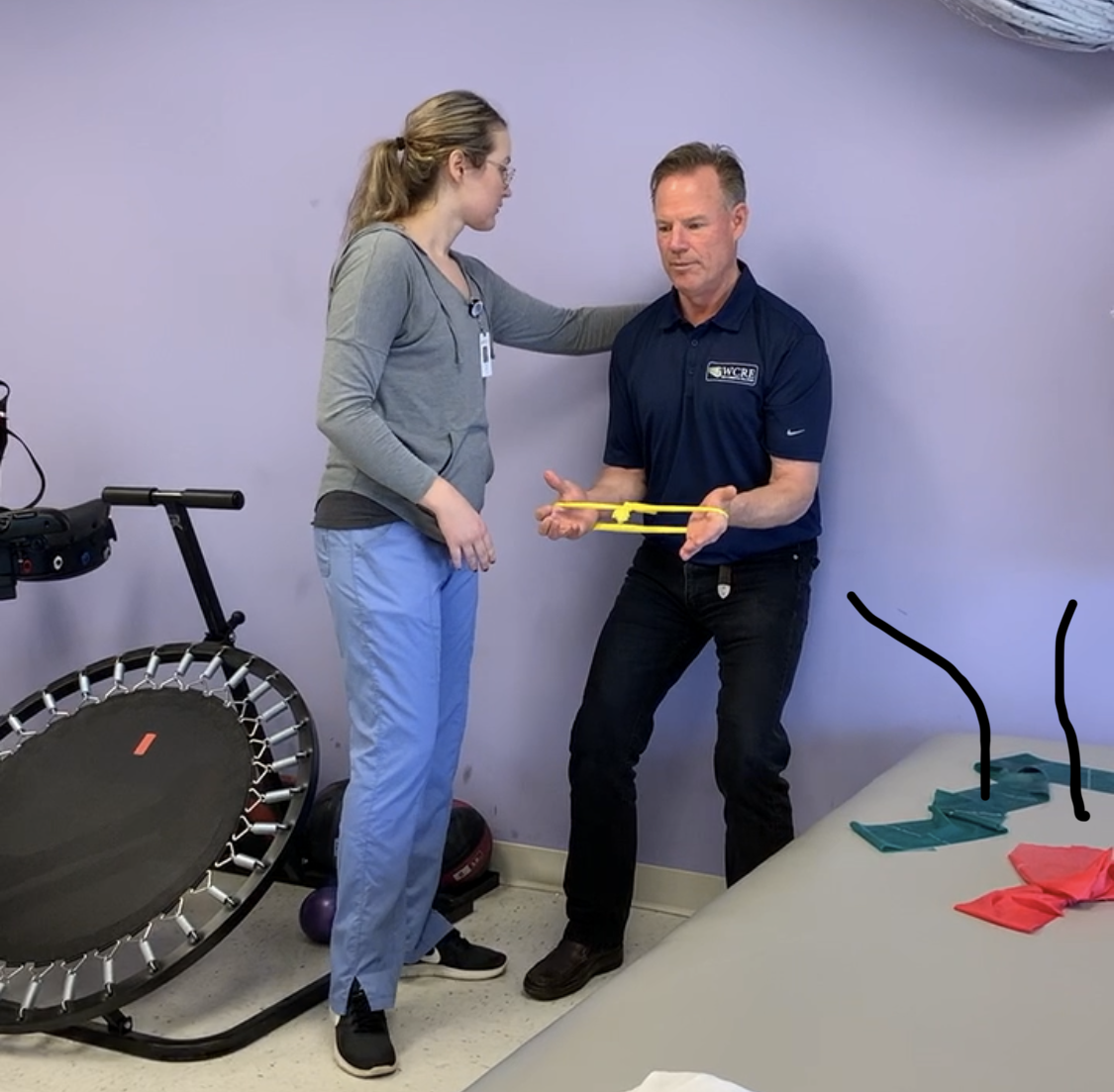  |
An individualized approach to therapy is key.
The effects of a stroke can vary greatly from one person to another, so your rehabilitation should be individualized to your unique needs and abilities. A rehabilitation center like Bancroft NeuroRehab gives you access to a team of brain injury experts who can tailor your treatment plan to help achieve your own, personal goals – and give you the best chance for success.
You have to be willing to work. Your care team can give you the tools to succeed, but you will ultimately be the one who makes the greatest difference in your own recovery. A positive attitude, tireless perseverance, and an ability to be honest with your doctors and therapists about how you’re feeling, and what you want and need, will be the difference.
While I’m living in a new normal, I am happy. I have a job I love; I still love a good golf tournament; and I still lace up my skates at least twice a week to play hockey with friends… some of whom are survivors, like me.



